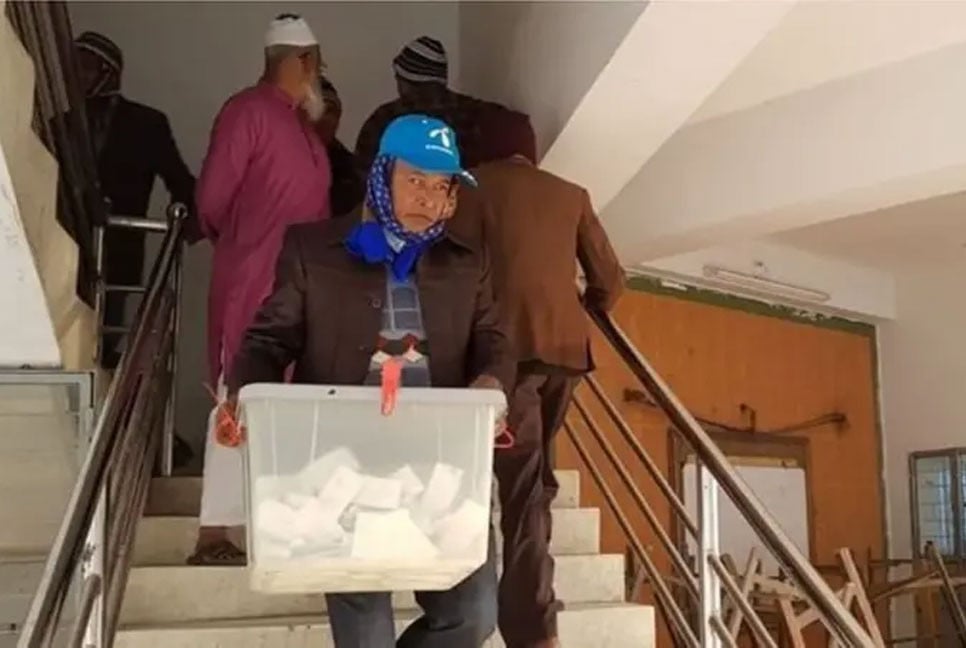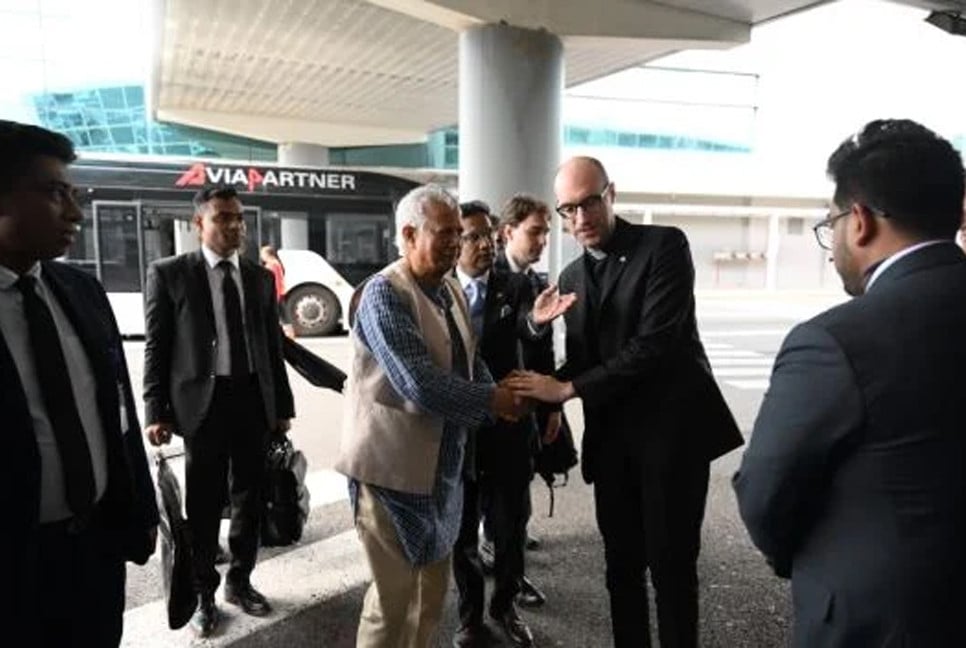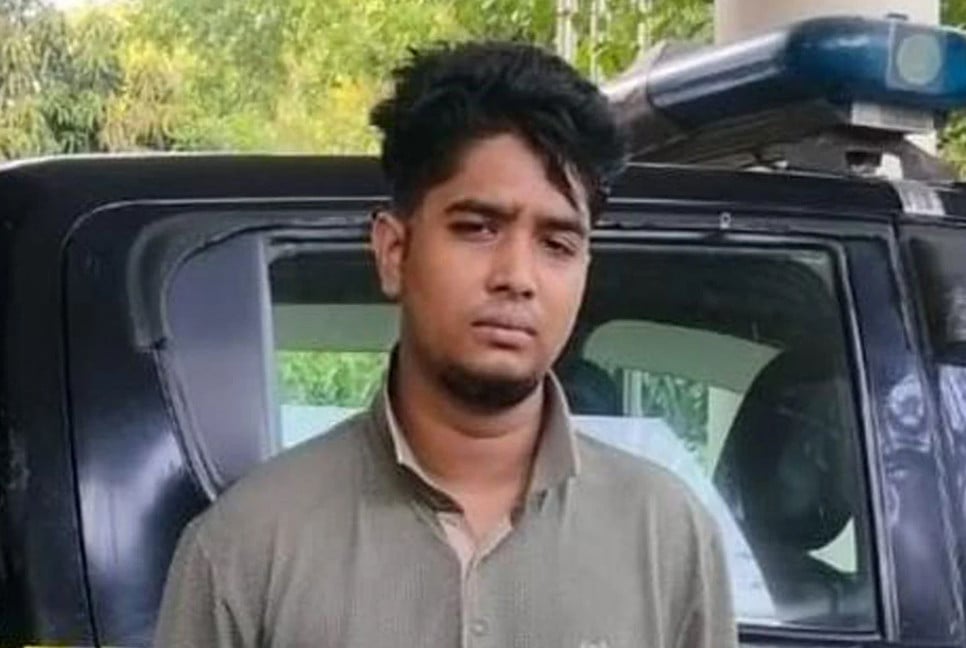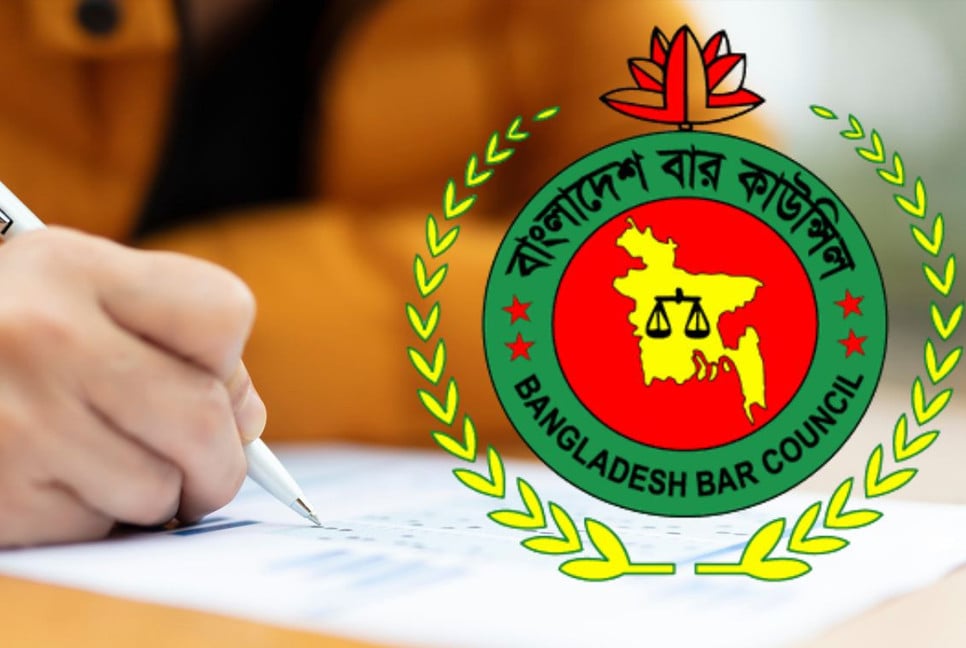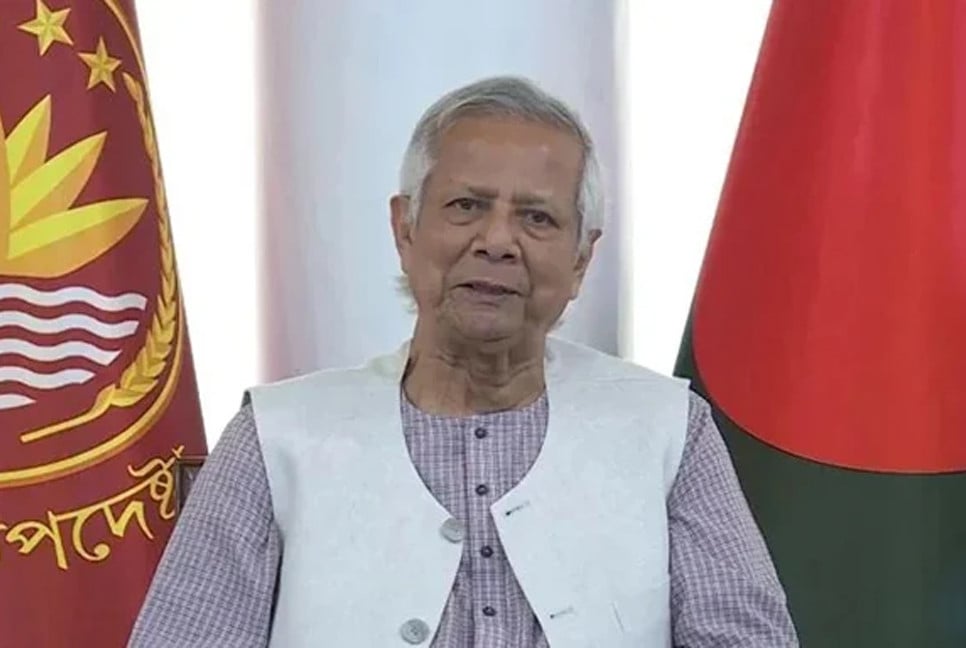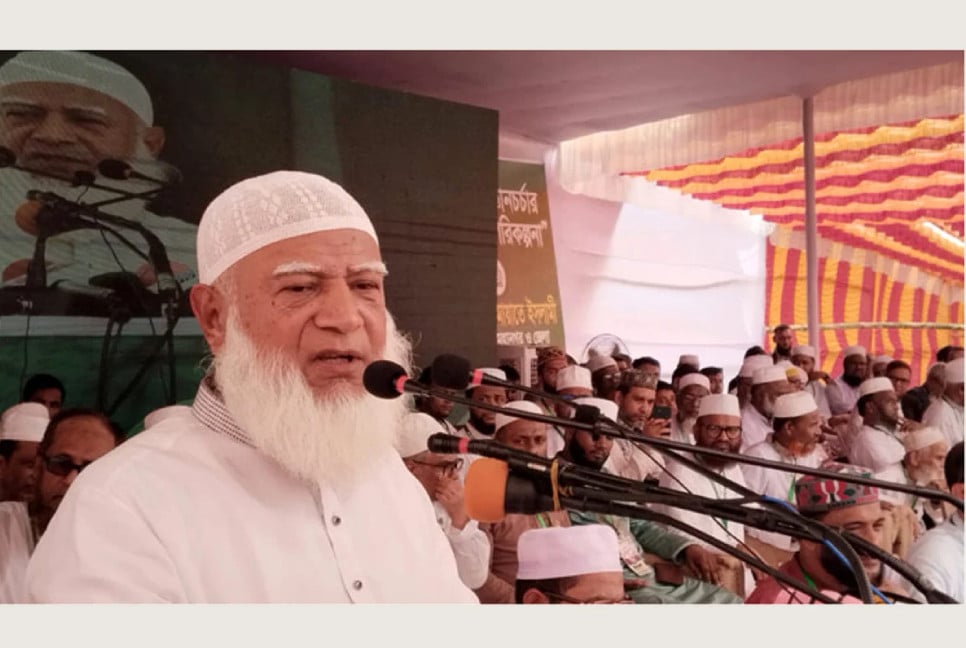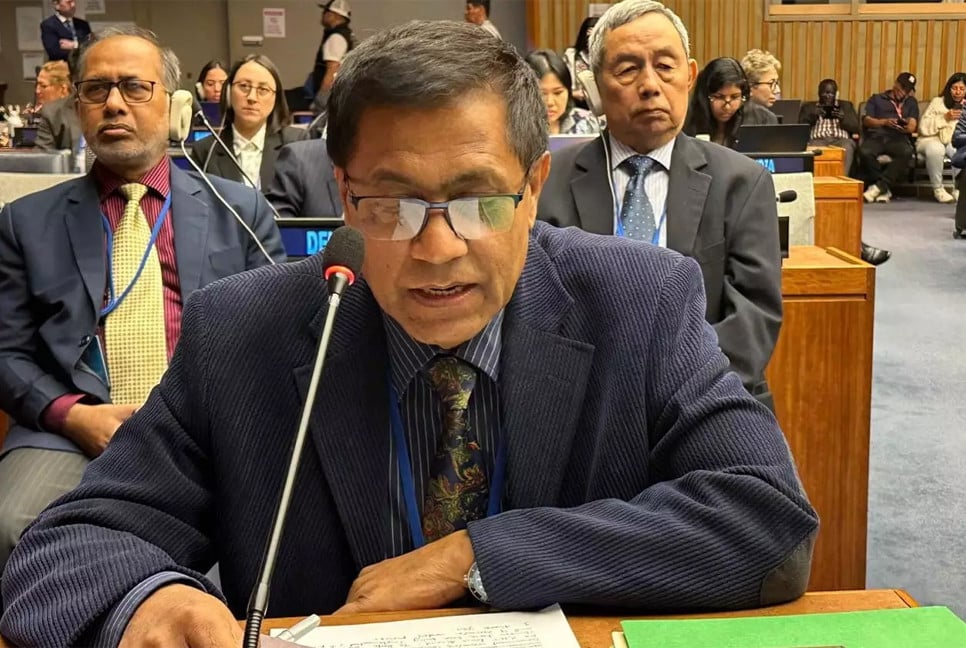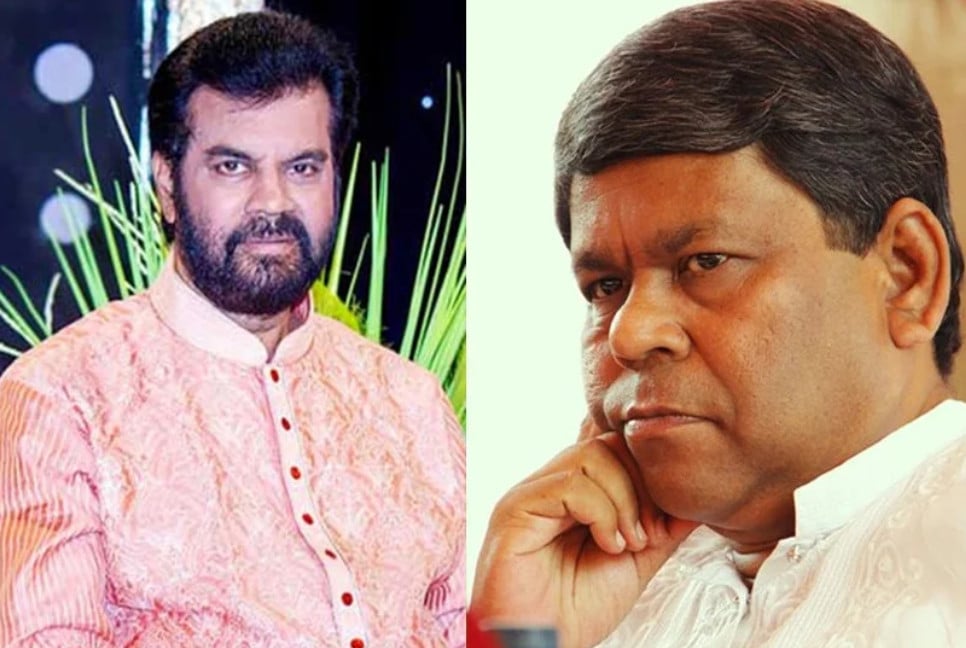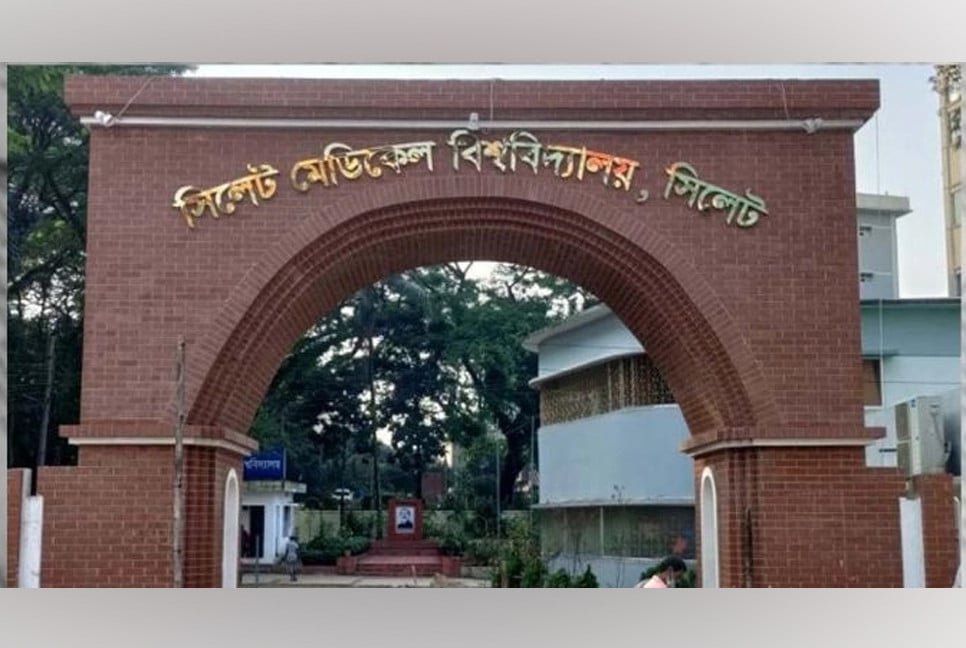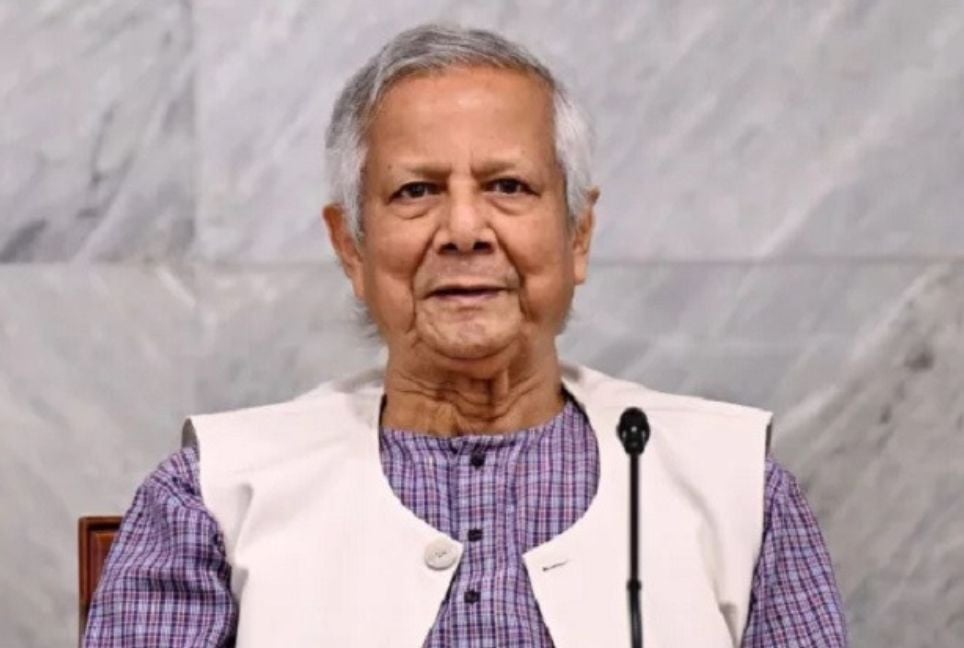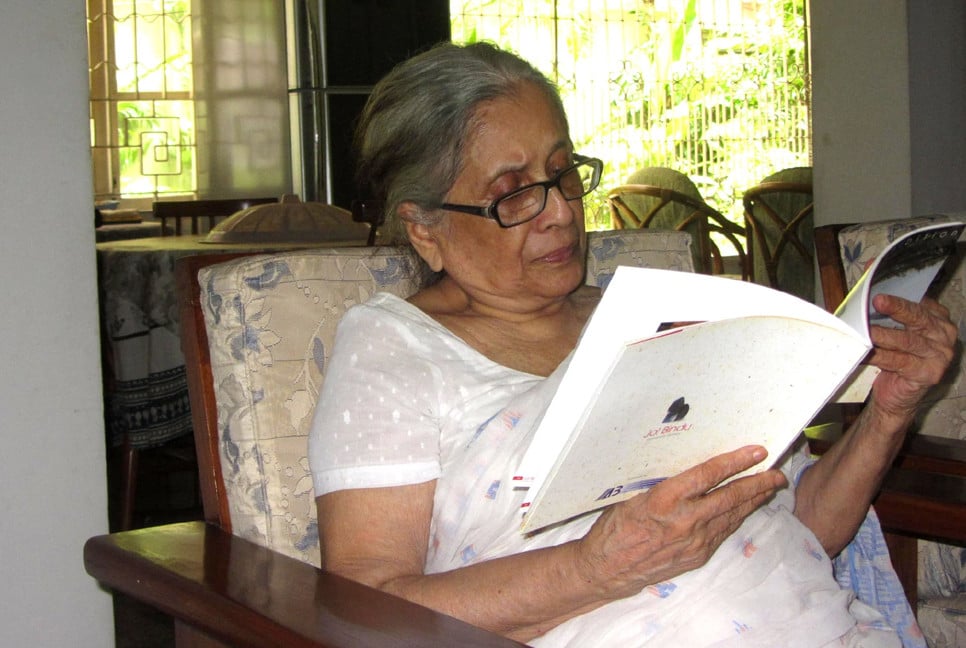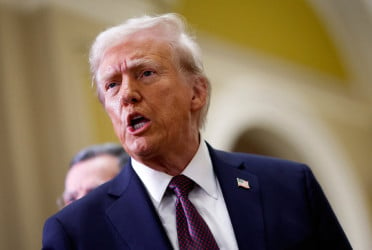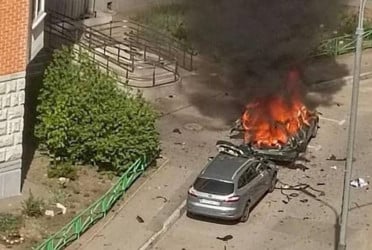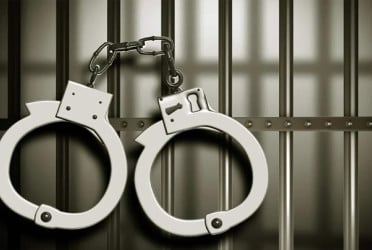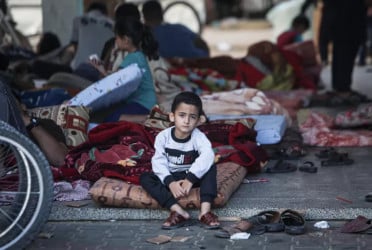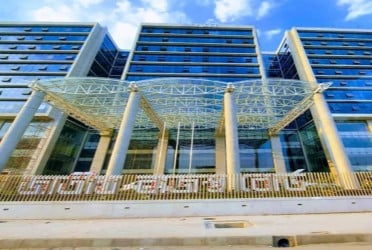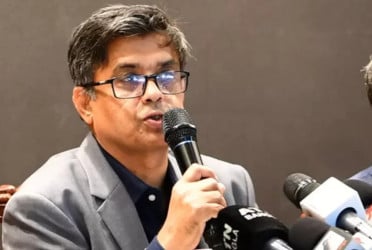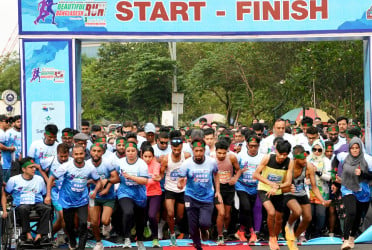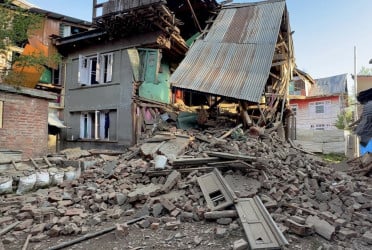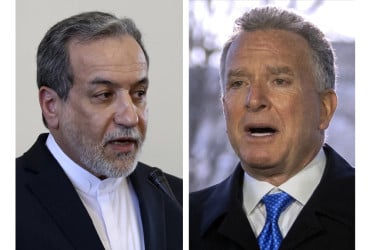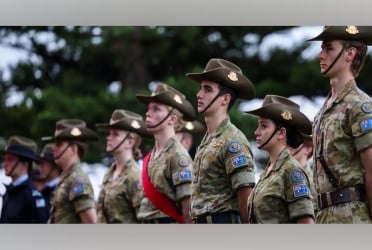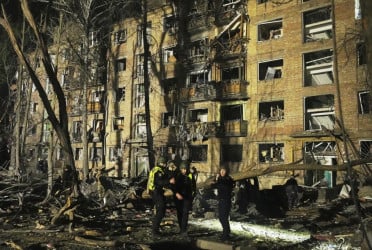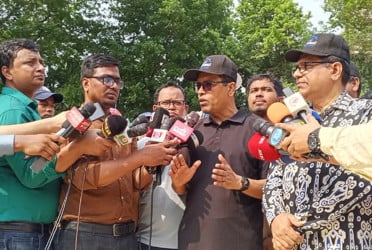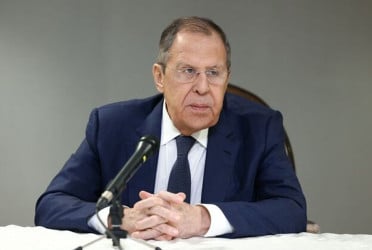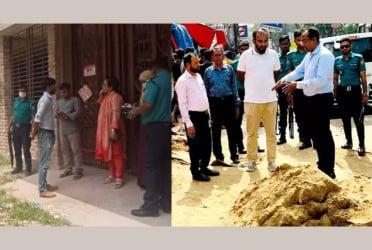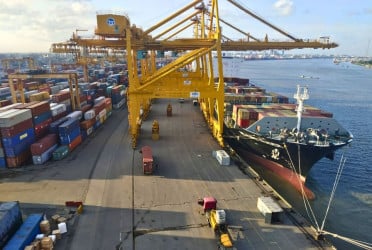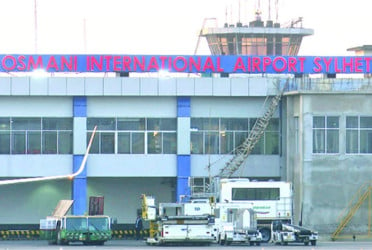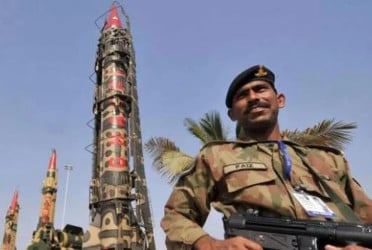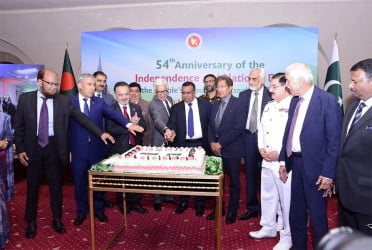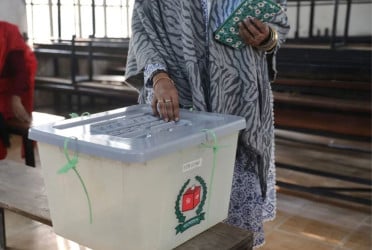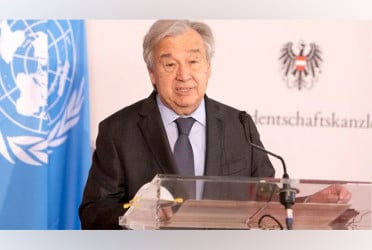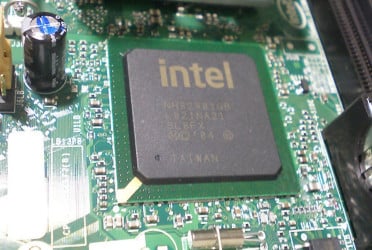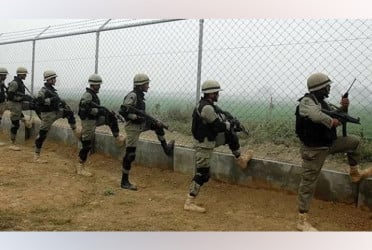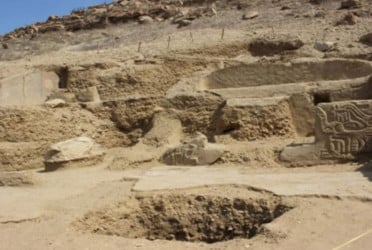The Anti-Corruption Commission (ACC) has initiated an investigation into allegations of fraud, abuse of power, and irregularities during the 2018 Eleventh National Assembly elections. The investigation will focus on key figures such as District Commissioners (DC), Superintendents of Police (SP), and election-related officials from the Election Commission at the time. ACC Director General for Anti-Terrorism, Mohammad Akhter Hossain, confirmed this development on Wednesday during a press briefing at the agency's headquarters in Segunbagicha.
The complaint lodged with the ACC revolves around allegations that many irregularities occurred during the 2018 elections, which were held under the leadership of Prime Minister Sheikh Hasina's government. The Awami League won a third consecutive term, securing 257 of the 300 seats, while the opposition parties, including the BNP and allies in the Jatiya Oikya Front, were only able to secure seven seats.
The election, which took place on December 30, 2018, was widely criticized by opposition parties and civil society. Many claimed it was a “night election,” alleging that a significant portion of the voting had been conducted the night before the official election day. These accusations were fueled by reports of irregularities, including ballot-stuffing, tampering with voting results, and a suspiciously high turnout in certain areas.
According to ACC sources, various media outlets, both local and international, published reports of widespread fraud during the election. Among the most alarming allegations were that ballot papers were filled out in advance, often without the presence of election officials, and that presiding officers were pressured into approving fraudulent ballots. Furthermore, some polling centers reported voting tallies exceeding 90%, which raised further concerns about the legitimacy of the process.
A key incident linked to the allegations of election fraud was a fire that broke out on the ground floor of the Election Commission building in Agargaon, Dhaka, on September 9, 2019. The fire, which started late at night, reportedly destroyed critical election documents, including ballot papers, ballot wrappers, and records of election officials’ signatures. Many believe the fire was deliberately set to erase evidence of electoral fraud.
At the time, presiding officers and assistant presiding officers from across the country were brought to Dhaka for a briefing. It is alleged that these officers were given specific instructions regarding how to conduct the election, and some may have been coerced into accepting fraudulent ballots. The destruction of evidence in the fire raised suspicions that the authorities were attempting to cover up electoral malpractice.
The investigation has also brought attention to the mysterious death of a madrasa teacher who was serving as the presiding officer at a polling center in Naogaon. It is believed that the teacher was murdered after he refused to hand over the election materials, including ballot papers, to those attempting to rig the vote. Initially ruled as a suicide, the incident is now under closer scrutiny, with many suspecting foul play in the wake of the fraud allegations.
The ACC’s investigation will also look into the role of several prominent figures in the election process. Allegations suggest that the Awami League, under the leadership of General Secretary Obaidul Quader, exerted significant influence over election officials at every level. Reports have suggested that key officials, including the then Inspector General of Police (IGP) Javed Patwari, the Commissioner of the Dhaka Metropolitan Police (DMP) Asaduzzaman Mia, and the Director General of the Rapid Action Battalion (RAB) Benazir Ahmed, may have been complicit in the electoral fraud.
In addition, the investigation will examine the involvement of key government figures, including HT Imam, the then adviser on public administration affairs, and Tarek Ahmed Siddique, the government’s adviser on defense affairs. The involvement of district and divisional commissioners, police superintendents, election officers, and presiding officers will also be closely scrutinized as part of the broader investigation.
The 2018 election occurred in the context of a political landscape dominated by the ruling Awami League, which had amended the Constitution after coming to power in the 2008 elections. One of the key changes was the abolition of the caretaker government system, which had been established to ensure fair and neutral oversight of elections. This move has been widely criticized as it allowed the ruling party to have greater control over the election process, leading to accusations of electoral manipulation.
However, the political climate shifted following mass protests and allegations of government overreach, culminating in the 2018 protests against Sheikh Hasina’s administration. In December of the same year, the High Court ruled to partially cancel the Fifteenth Amendment to the Constitution, opening the door for a return to a supervisory system to ensure free and fair elections in the future.
The ACC’s investigation into the 2018 election is a crucial step in addressing allegations of fraud and abuse of power, as the country looks to ensure that future elections are more transparent and accountable.
Bd-pratidin English/ Jisan

